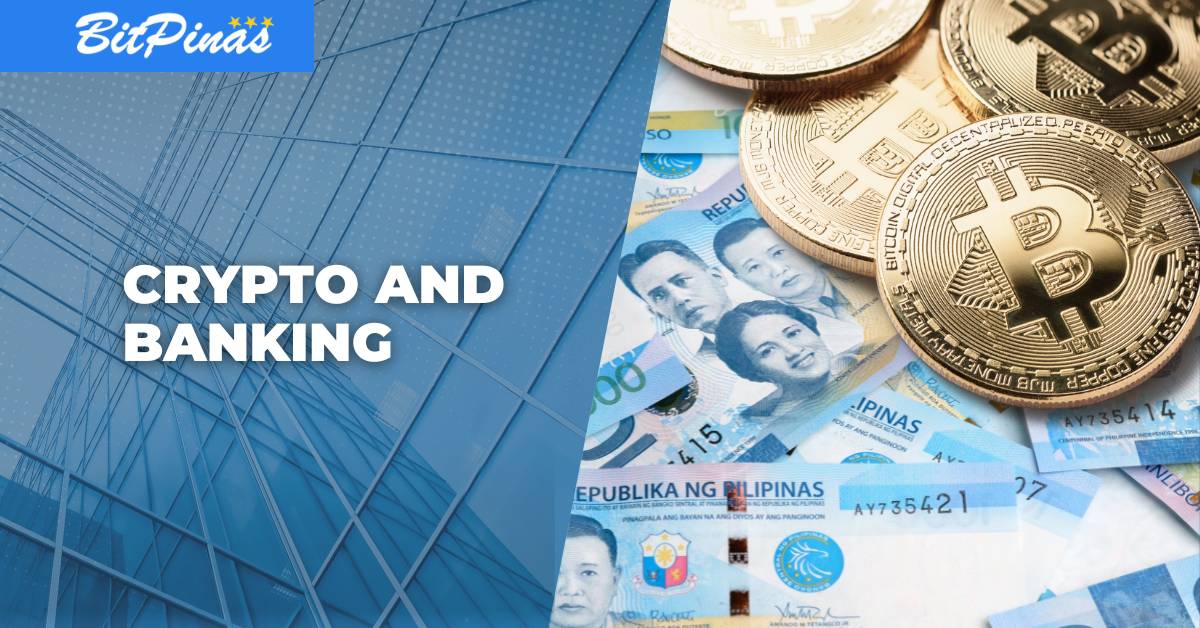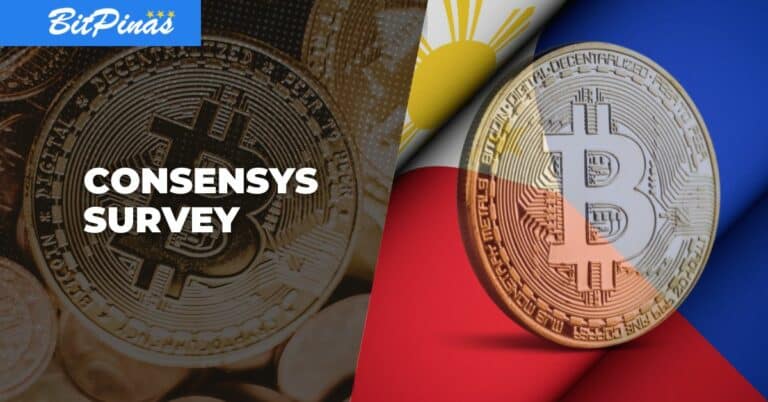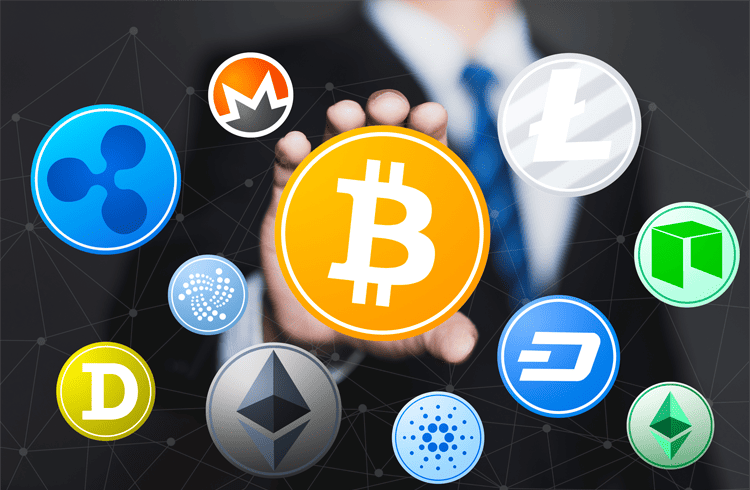PDAX CEO Explains Why Traditional Banks Are Often Not Crypto-Friendly
Is it advisable to put your money gained from crypto trading in local banks? PDAX CEO answers hot questions about the relationship between the crypto trading and banking industries.

- In the recent BitPinas Webcast with PDAX CEO Nichel Gaba, he said that bigger banks tend to take more time in creating a new framework for crypto trading because of their large networks.
- Gaba also admitted that cryptocurrencies are just a new kind of asset in the financial world, thus, patience is key that someday, it will be accepted by other financial institutions.
- The CEO also recognized UnionBank’s initiatives to enhance its service with the emerging technology, which makes the bank crypto-friendly.
When a cryptocurrency’s fiat value goes up and we earn a yield, most of us immediately convert our profit to fiat and withdraw it to our banks.
However, some banks, particularly traditional and large banks, tend to be wary when they discover that our money originated from crypto trading.
In this article, PDAX CEO Nichel Gaba explained during the BitPinas Webcast why some banks seem to be allergic to hard-earned profits from crypto transactions.
Read our articles related to our interview with Nichel Gaba:
- AMLA Series: PDAX CEO on Why Banks Should Not Deny Service to Crypto Investors
- PDAX CEO Reveals: XRP, Stablecoins Favored by Remittance Firms to PH
Crypto-Friendly Banks: Difference Between Bigger and Smaller Banks
Why Are Smaller and Younger Banks More Crypto-Friendly Than Traditional and Bigger Banks?
According to Gaba, bigger banks tend to take more time in creating a new framework for crypto trading because of their large networks, including millions of clients and hundreds of branches.
”I think it just takes more time for the bigger banks to change their processes, kasi, you have to understand, some of these big banks, they have thousands of branches, they have tens of thousands of employees. [] It’s very hard to change rules eh in such a big organization and the bigger banks,” he explained.
(Read more: Crypto-Friendly Bank in the Philippines)
Further, the CEO also emphasized that since bigger banks have large networks, closing down small accounts due to suspicious transactions will definitely not affect them; so what they are prioritizing are the bigger ones that might put them in a scandal. Case in point: the Bangladesh bank heist.
Meanwhile, for smaller banks, Gaba stressed that “they tend to have a higher risk appetite.” It could be mainly because they wanted to take the risk so they would attract more clients, and that they would compete with bigger banks.
The Specific Case of UnionBank and Cryptocurrency
For Gaba, UnionBank (which the CEO disclosed is also a shareholder at PDAX) is a special case because it has been focused on improving its technology for the past seven years:
“Unionbank, for seven years or more, they have been focusing on technology. And full disclosure, si UnionBank is one of our shareholders, and just want to say that. But you know, they’ve always been very progressive with tech.”
Why is Crypto Trading Sometimes Not Recognized as a Legitimate Source of Income?
One of the main advantages of cryptocurrency is its borderless feature and has the same value anywhere.
However, “Crypto Trading” as a source of income is often not accepted when applying for a Visa, this is based on previous reports when Axie players in the Philippines that were set to compete in an international event were denied a Visa to go abroad.
However, Gaba reminded the public that if embassy clerks or bank tellers do not accept this kind of income source, it’s probably because they are just following the rules set by the organization they belong to.
“They probably don’t have the ability or they don’t have the procedures to deal with crypto assets. So because they rather not take the risk, nade-decline iyong application, right? Which is sad, but I also think na over time that’s gonna change,” Gaba on organizations’ rules about dealing with crypto assets.
The CEO also acknowledged that cryptocurrencies are a new form of asset and, thus, he advised viewers of the webcast to be patient, as they will undoubtedly gain acceptance soon.
(Read more: PSE Considers Hosting Structured Crypto Trading ‘to Protect Investors’)
Tips When Depositing Crypto Profits in Traditional Banks
If so, should I continue depositing my profit from crypto trading to my bank partner?
For Gaba, it still depends on which bank is the trader’s partner.
He emphasized that some banks would trust the trader if the money comes from a transaction with a licensed crypto exchange:
“Let’s say one of the banks knew you to be somebody na nafta-transact lang ng ₱5,000 every month—-pasok, labas—-it will raise some question. When they look deeper into your account, it’s much easier for them to be comfortable with it if they see it’s coming from another licensed institution like PDAX.”
However, there will also be banks that will not accept such an explanation due to the trader’s background:
“Other banks might say, ‘Ah, ano ito, since lang ₱5,000 lang iyong negosyo ni sir sa amin, isara na lang.’”
Gaba shared more tips on communicating with banks in this article: AMLA Series: PDAX CEO on Why Banks Should Not Deny Service to Crypto Investors
This article is published on BitPinas: Why Traditional Banks Are Often Not Crypto-Friendly
Disclaimer: BitPinas articles and its external content are not financial advice. The team serves to deliver independent, unbiased news to provide information for Philippine-crypto and beyond.



![Peter Ing, BlockchainSpace [PH 2019 Crypto & Blockchain Year in Review] 5 Peter Ing, BlockchainSpace [PH 2019 Crypto & Blockchain Year in Review]](https://bitpinas.com/wp-content/uploads/2019/12/2019-Blockchain-and-Crypto-Philippines-6-3-1-768x402.png)
